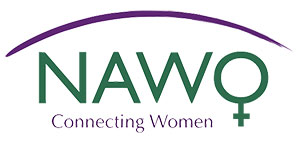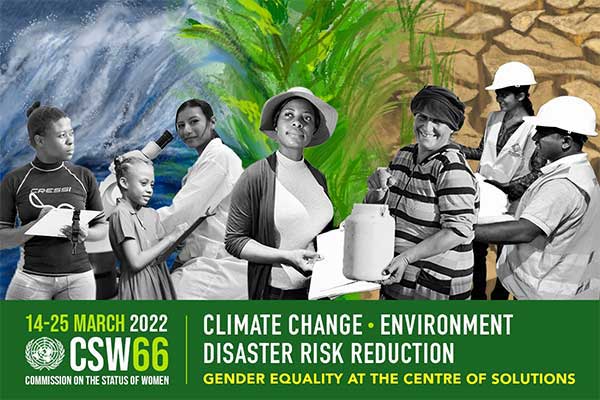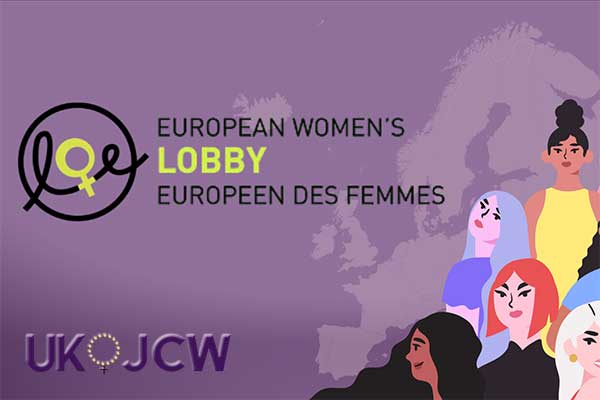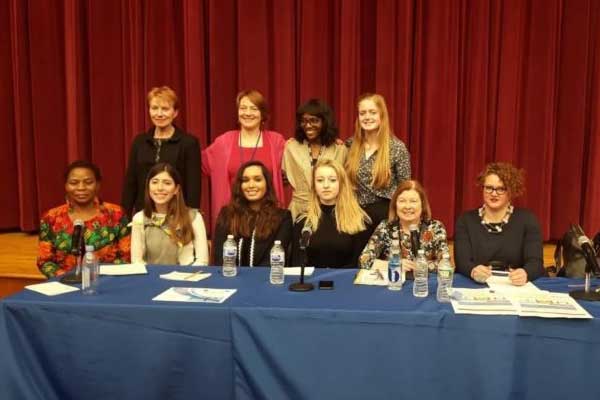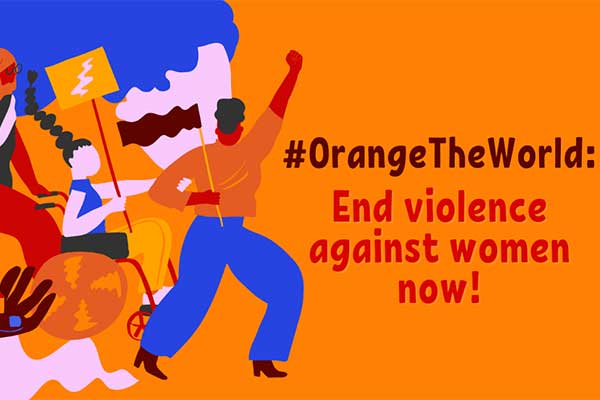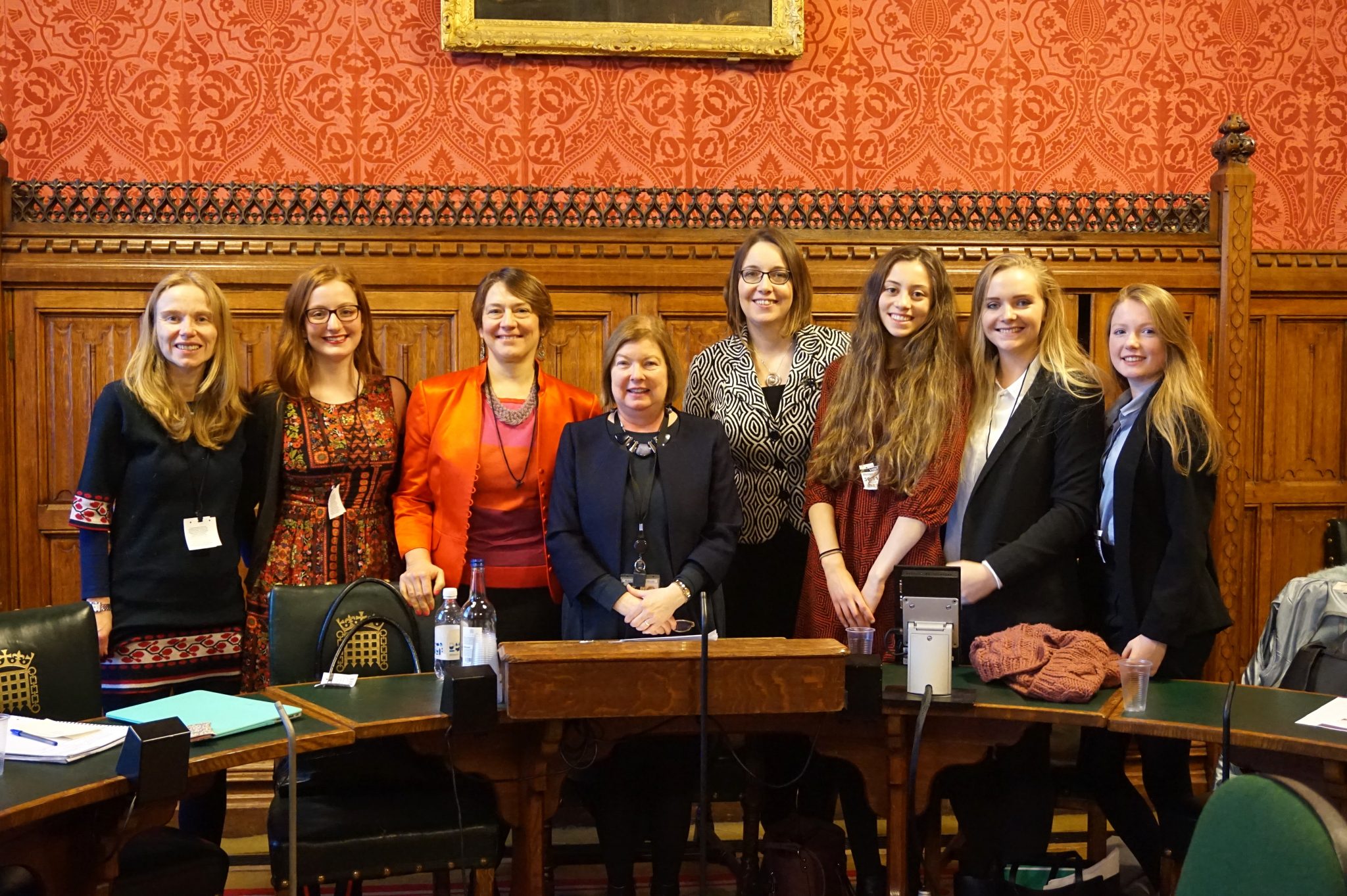
Let’s Talk About Sex
By Maya Wilson-Autzen, YWA Advance 2016 Delegate
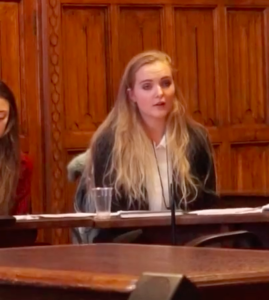
Sex. I can remember learning what it is, biologically speaking, and what periods are, but sadly this spans the entirety of my sex education until the age of around 14. More sadly, this is the case for most teenagers.
Thus millions of young people access pornography as their only education about sex and relationships. A study exposed that in the UK 90% of boys and 60% of girls under the age of 18 have viewed porn, with the average age of exposure for boys being only 12 years old. This damaging and misogynistic industry preaches relationships in which men are powerful and dominant, and ‘their’ women or their ‘bitches’, are passive and submissive. Girls see women in pain during sex and take this to be normal; I recently attended a talk by Laura Bates and she spoke of a 12 year old girl who cried herself to sleep after being shown a pornographic video because she was so scared to have sex. Clearly this is not an issue we can ignore until the ages of 14/15; it is prevalent from younger ages and hence must be tackled earlier on.

A few weeks ago as part of my YWA Advance event, Zarin Hainsworth gave a lecture on women’s rights for my school and referenced the detrimental effect of pornography. She highlighted how, because of porn, girls believe they must have cleanly shaven vaginas in order to be considered sexy, appealing and attractive. We as young people are so indoctrinated by this culture steeped in patriarchy that we cannot even see it. I hear my girlfriends talking about getting a Brazilian wax, or having to shave for their boyfriends and the pressure and effort of it all. With the rise of technology has come the rise of accessible porn, and there is no escaping it.
The oppressive and chauvinistic nature of this industry damages relationships. Boys are constantly reminded that they must be masculine and domineering; porn reinforces traditional gender roles that inhibit progress. Meanwhile young girls are taught from a series of sources, including pornography but also traditional, religious ideas of what makes you ‘ladylike’ that remain ingrained, that sex should only be enjoyable for the man; it is our duty, as women, to provide our bodies for a man’s pleasure. Similarly, porn has become normalised and acceptable, feeding into the culture of ‘lad’ and letting ‘boys be boys’ which is so destructive.
The pornography industry, not only steeped in sexism itself, is seeping misogyny into our day to day lives without our noticing. The internet is littered with sexist and racist toned videos, which too often echo those of porn, yet are accepted by society because they come in the form of music videos. The report Pornographic Performances gathered research on racism and sexism in music videos and found that women, especially black women, were regularly portrayed in a hyper-sexualised fashion. The problem with music videos is that they are even more accessible, and even more accepted than porn. At the Feminist Society in school we looked at whether or not we thought Rihanna was a feminist, and whether the way she dresses and her music videos are progressive. We concluded that she has become, whether or not by choice, completely about sex and sex alone. Her music videos, for example the video for ‘BBHMM’ contains scenes that encourage violence and the sexualisation of women. Whilst we believe that women should be free to be as sexual as they like, the combination of several instances such as this continue to teach teenagers that sex is something animalistic, dangerous and angry.
A couple of years ago Robin Thicke released his controversial single ‘Blurred Lines’, which depicted the blurred lines, or the supposed grey area between consensual sex and assault. It promotes disturbing ideas of consent, repeating ‘you know you want it’. The lyrics have been dubbed ‘rapey’ and undeniably contradict the idea of consent, and the music video depicts Robin Thicke surrounded by near naked women; the effect of these two factors creates an image of women as submissive and sexual beings, nothing more.
Music videos and lyrics create a conductive context for violence against women and girls through the constant degradation and sexualisation they encourage. Sound familiar? It is arguable that the music industry regularly reflects the porn industry, and the effect is millions of teenagers left with distorted and harmful ideas of sex and relationships.
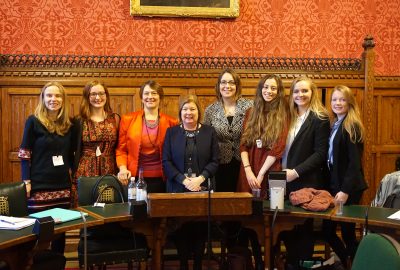
The YWA Advance Parliament event for violence against women and girls highlighted to me the extensive roots of gender based violence, and the different forms they come in. An overarching conclusion was that education is vital; we must teach our boys and girls the truth about sex and relationships, and equally the effects of porn. Sustainable development goal four speaks of quality education for all, and a participant in our event at FEMSOC raised the point that this does not just include education in developing countries, countries such as the UK must facilitate for quality sex education as it is imperative in the fight for equality.
SRE must be used as a vehicle to combat the porn industry, the extreme sexualisation of women, harmful relationships and gender based violence. We need Britain, along with the rest of the world, to start talking honestly about sex.
This blog post was written as part of Maya’s contribution to NAWO’s Young Women’s Alliance Advance programme, enabling young women to gain the knowledge, confidence and capacity to call for the rights of women and girls. You can find out more on YWA Advance, and the celebratory event, including human rights organisations and parliamentarians in the Houses of Parliament on 30th November 2016 here.
